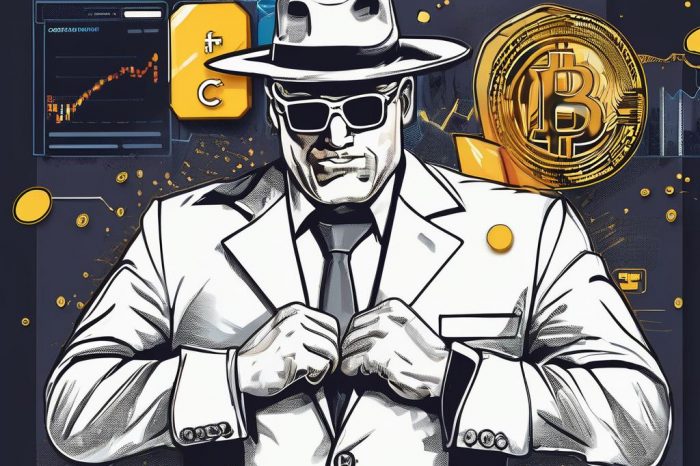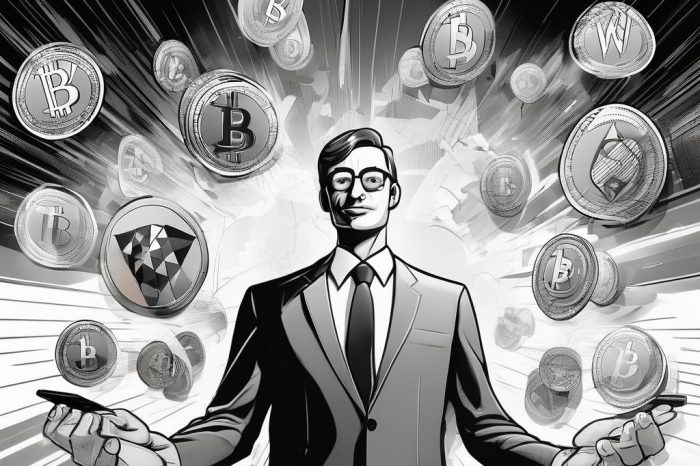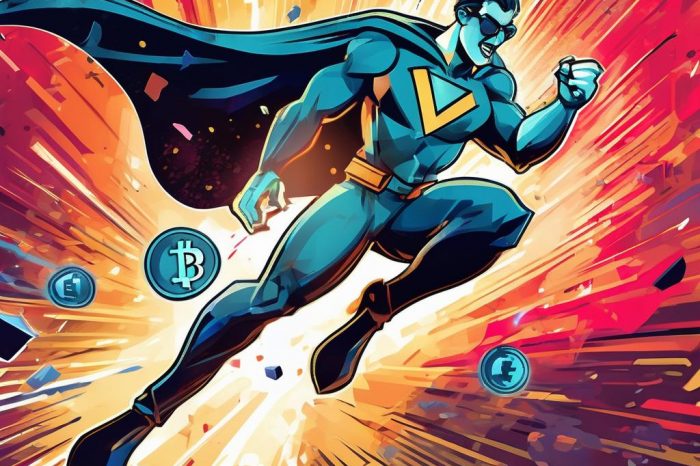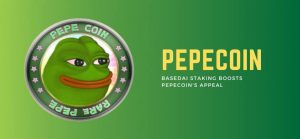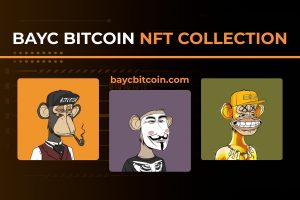Cardano’s Charles Hoskinson openly condemns Ethereum and EOS

Charles Hoskinson, the founder of Cardano, condemned Ethereum’s and EOS’s approach to development in an interview with Fortune’s Balancing the Ledger.
Cardano is a decentralized public Blockchain project which is fully open source. Cardano is developing a smart contract platform which seeks to deliver more advanced features than any protocol previously developed. It is the first blockchain platform to evolve out of scientific philosophy and a research-first driven approach.
Ethereum and EOS are Cardano’s competitors. Hoskinson was the co-founder of Ethereum. Due to clashes over the organization’s overall direction, he was ousted in 2014.
During the interview, Hoskinson proclaimed that Cardano publishes all its code open source and free from patents for easier access and incorporation by other teams. This feature is essential to create a blockchain ecosystem for everyone’s participation.
Hoskinson stated that Ethereum’s and EOS’s approach to development has been more closed and is different from Cardano’s.
“This is a stark contrast to the development you see with things like EOS or with Ethereum with Casper, where they kind of adopt this lone samurai viewpoint. Wherein one brilliant founder, whether it be Dan [Larimer, co-founder of EOS] or Vitalik [Buterin, co-founder of Ethereum] will lead a small group of crack engineers to somehow innovate and solve a big problem. Nothing gets done that way.”
Hoskinson’s disinterest in Ethereum shouldn’t seem a surprise as he clearly still holds a grudge against Ethereum’s other co-founder Vitalik Buterin.
Hoskinson says:
“This is the first time ever where we’re flirting with the idea of a corporation without a CEO or a country without a president, That is a very big challenge and it’s something I think will consume the majority of the 21st century for the cryptocurrency space.”
One of the most important aspects of a public Blockchain is governance, even though the projects may have decentralized mining process like Proof of Work or Proof of Stake the code that is shipped by developers is still somewhat centralized and is a major challenge to overcome.
Charles sees a need for a “Bluetooth or Wi-Fi moment.” in public Blockchains where open standards are set in the industry where devices can easily sync up with each other. But we all know it is next to impossible to get Crypto folks to agree on fundamentals.
“We’re not going to get there”—meaning, make blockchains as impactful as consumer electronics—”in the financial industry unless we have good standards to move value and information between all these different ledgers,” he says.
Discuss this news on our Telegram Community. Subscribe to us on Google news and do follow us on Twitter @Blockmanity
Did you like the news you just read? Please leave a feedback to help us serve you better
Disclaimer: Blockmanity is a news portal and does not provide any financial advice. Blockmanity's role is to inform the cryptocurrency and blockchain community about what's going on in this space. Please do your own due diligence before making any investment. Blockmanity won't be responsible for any loss of funds.

